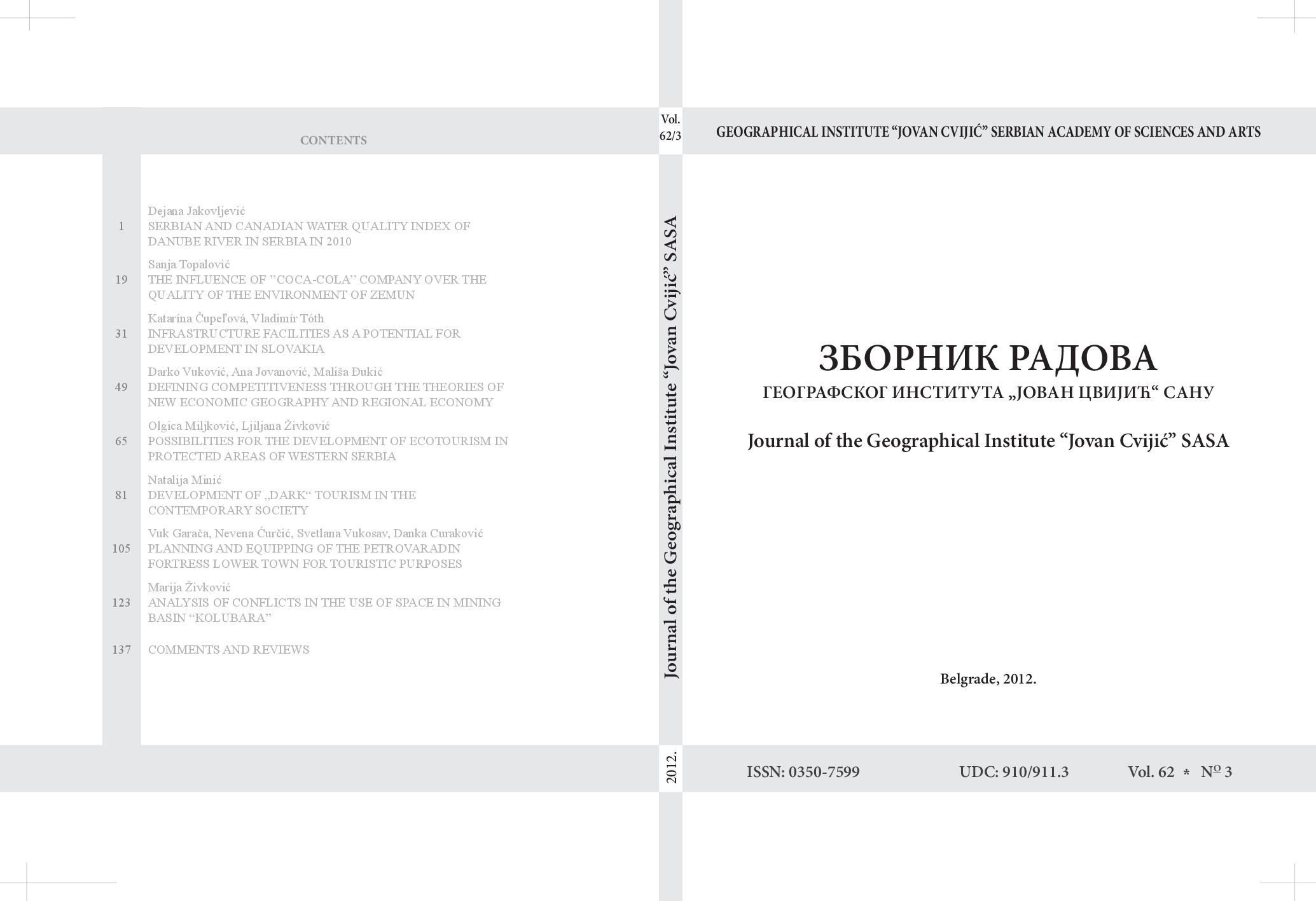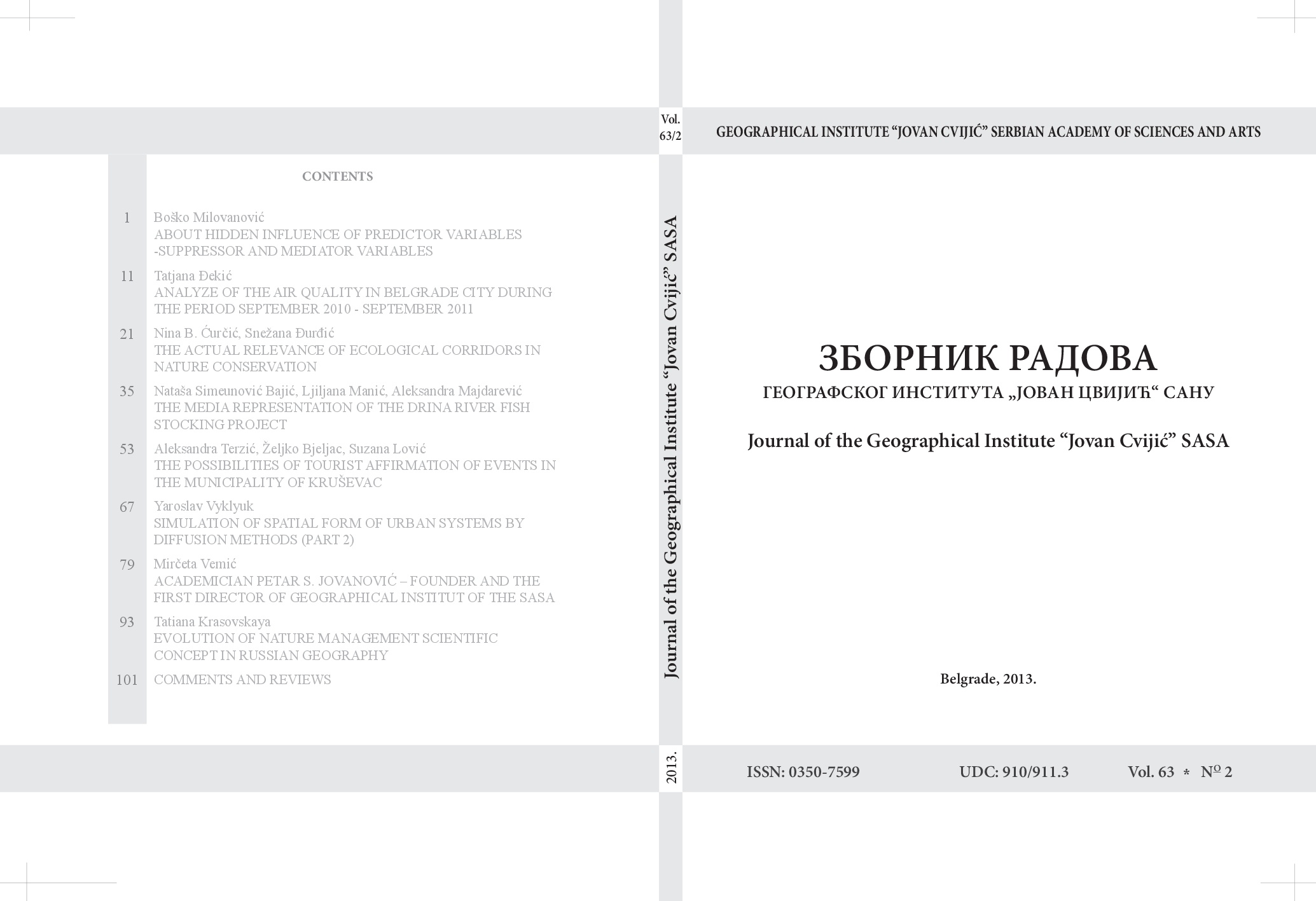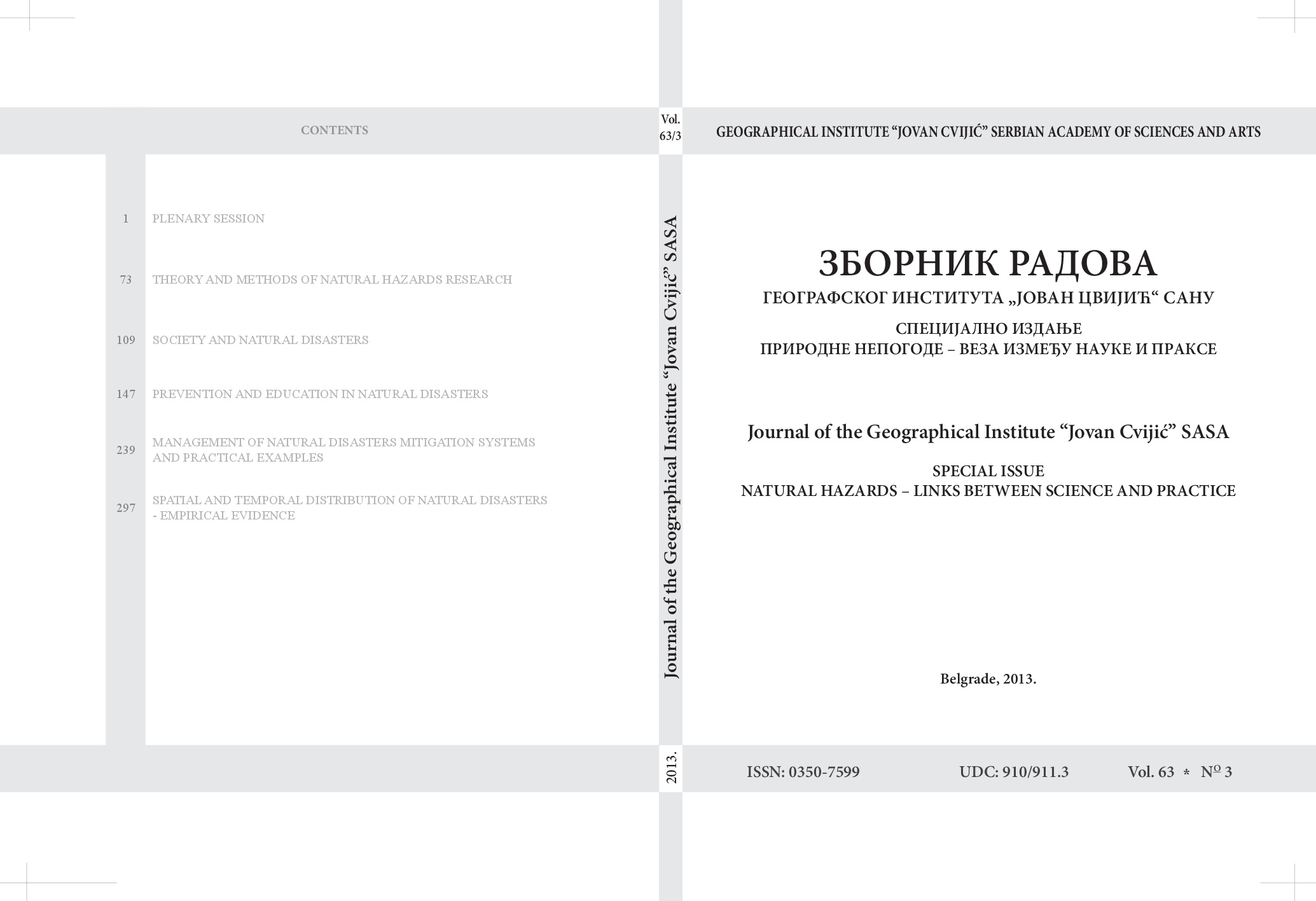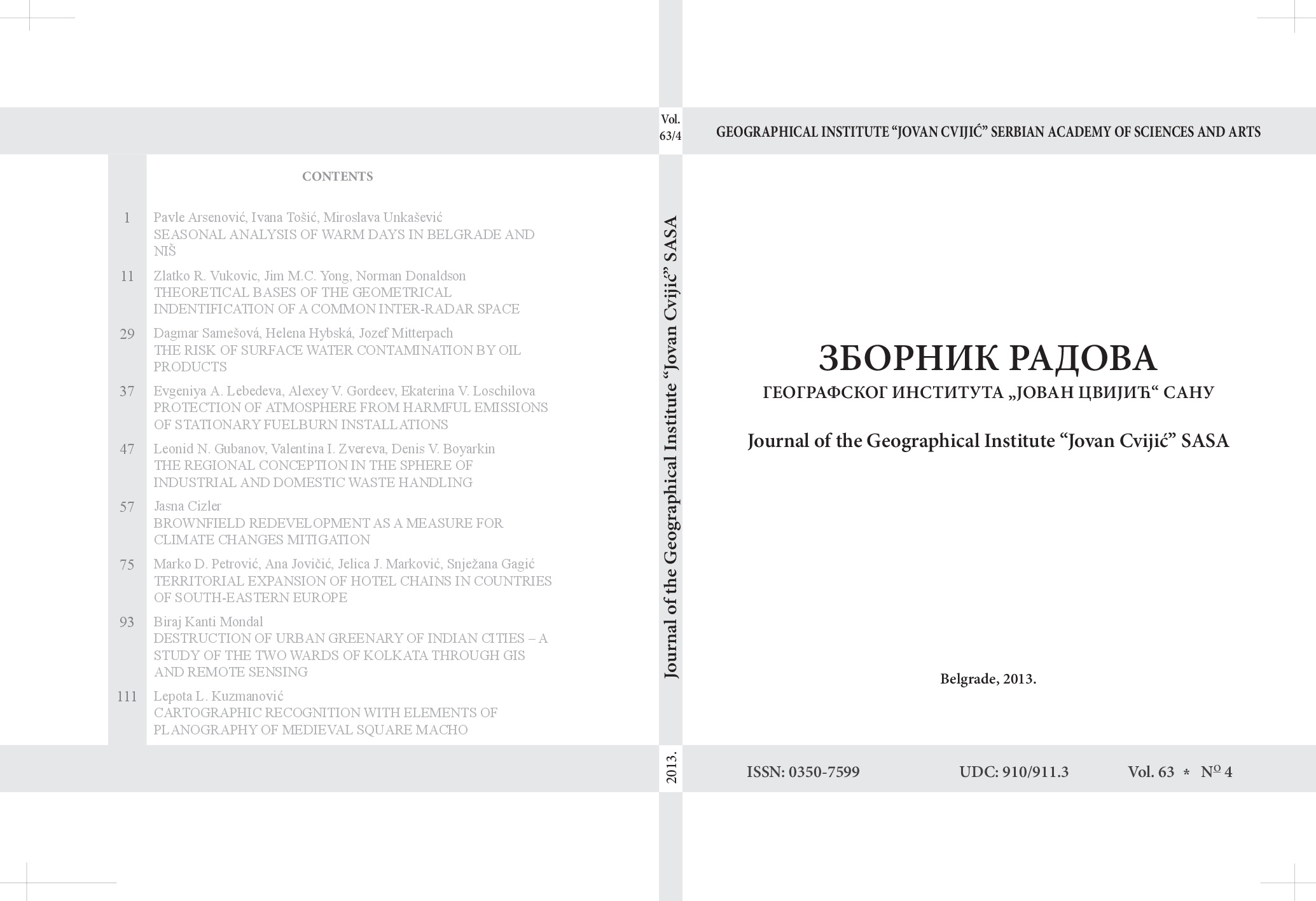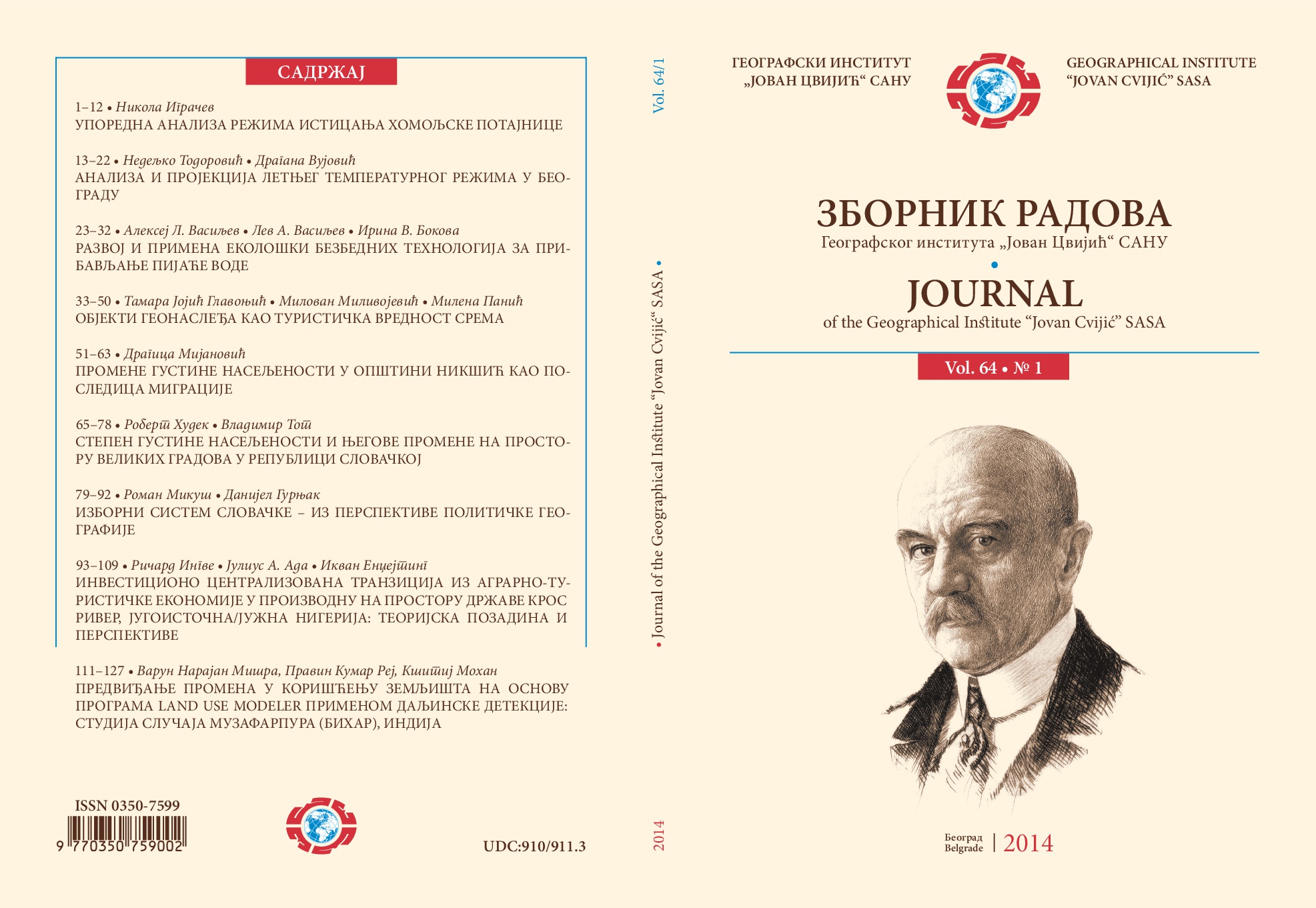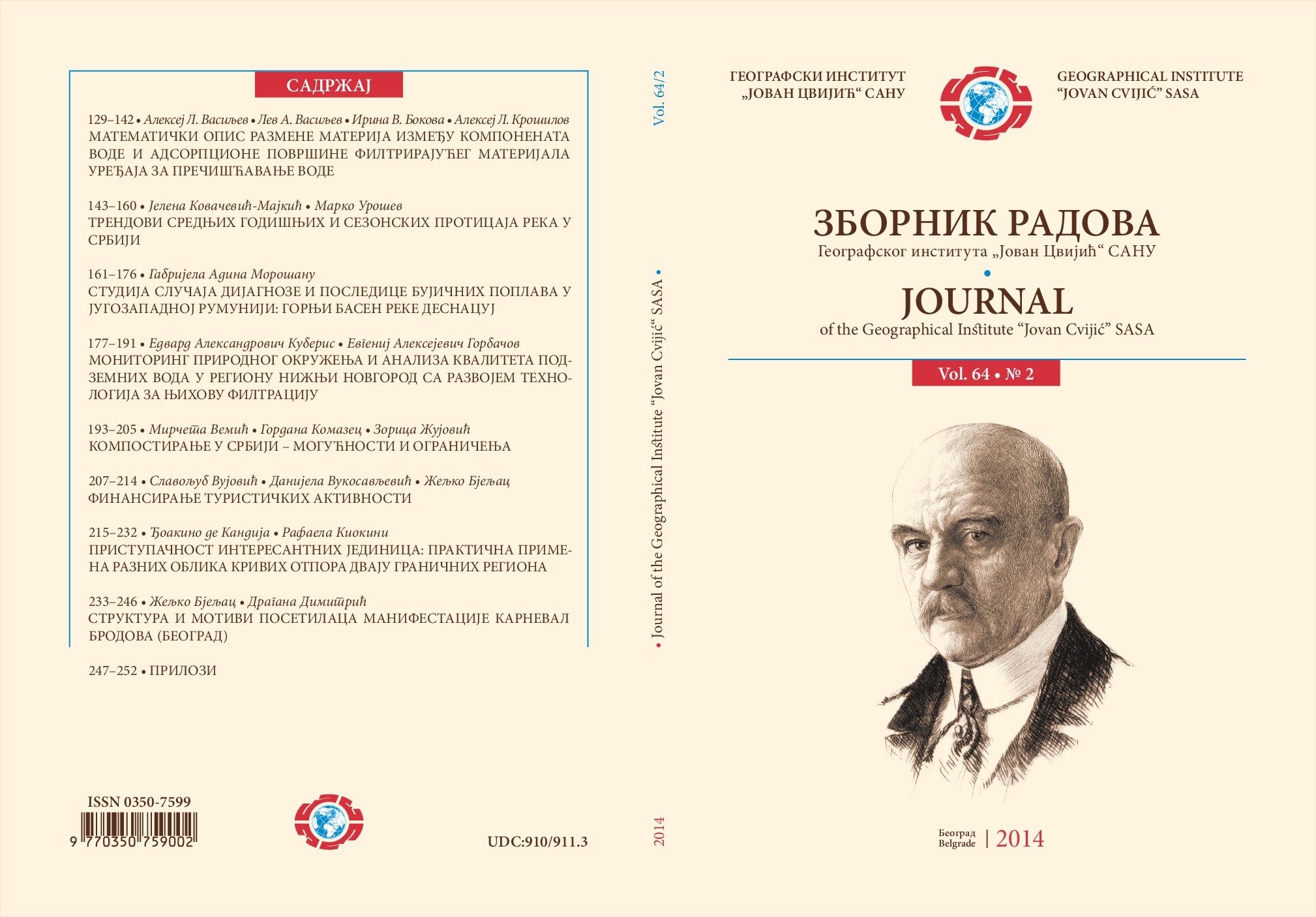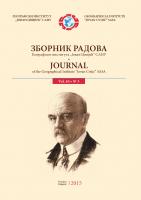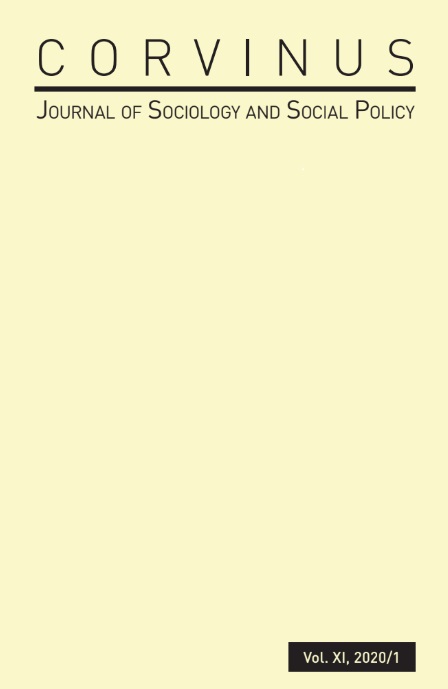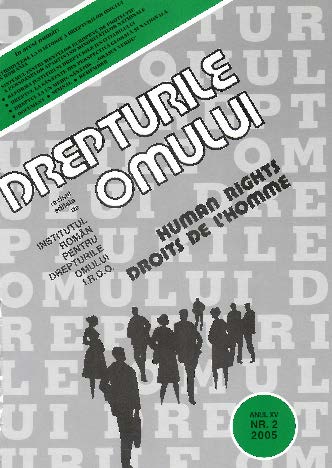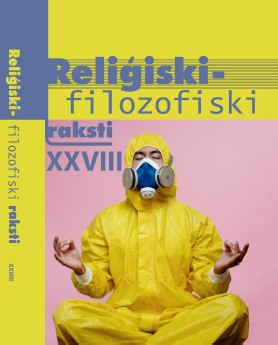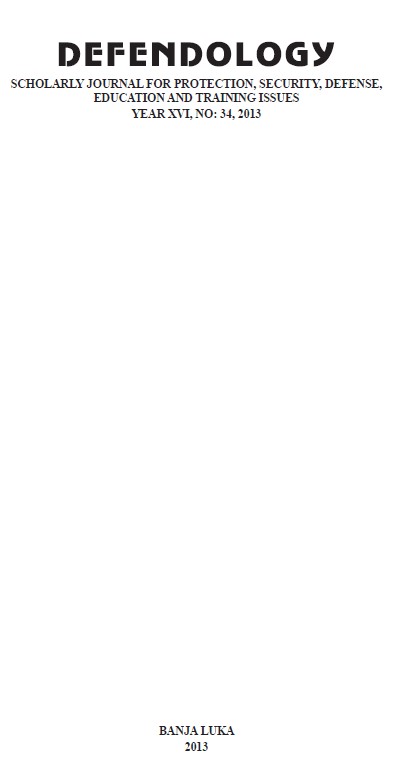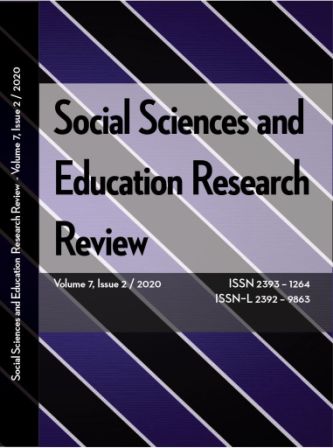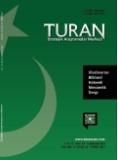Author(s): Raivis Bičevskis / Language(s): Latvian
Issue: 1/2020
The search for new intra- and interdisciplinary intertwining of modern sciences and philosophy not only leads to new complex concepts or new profiled methods but also outlines the entire fields of research that no longer coincide with the boundaries of the 19th and 20th century sciences or philosophical disciplines. The dynamics of economic, political, institutional and social change in modernity are characterised by transformations of research, which, on the one hand, maintain the incompleteness of the work in progress and openness to the future, but, on the other hand, regenerate the internal aporias of modernity in new forms. The author of this article will focus on one important emerging field of modern research, namely, biophilosophy. This field of research is providing an opportunity for various scientific disciplines and philosophical sub-fields to meet; however, the rationales and projects simultaneously show the internal aporias and ambiguities of modernity. It is clear from the outset that ‘biophilosophy’ is a designation for a branched and interdisciplinary field of research, rather than for a single discipline of philosophy. Statements about this field of research on the part of the researchers themselves show both the problematic nature of the field boundaries and the problems of internal integrity, which can be perceived as indications in the context of the development of modernity. ‘Biophilosophy’ is a field which synthesises not only philosophy of science, philosophy of nature, biosemiotics, philosophy of medicine and technology, bioethics, environmental ethics, animal ethics, sociology, history of ideas, but also biopolitics, cultural criticism, philosophical anthropology and historiosophy of modernity.
More...
